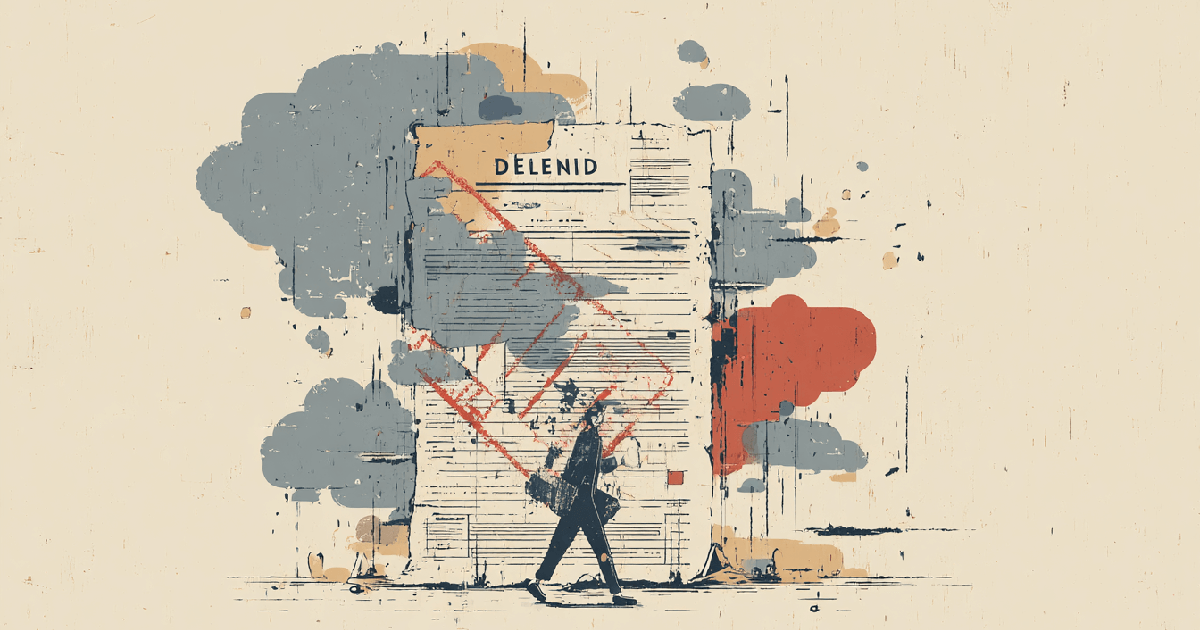What Are Compensatory & Punitive Damages?

Damages refer to the monetary compensation awarded to a plaintiff in a personal injury case. They are categorized into compensatory damages, which aim to reimburse losses, and punitive damages, which serve to punish the defendant for extreme negligence or misconduct.
What are compensatory damages?
Compensatory damages are intended to restore the victim to their financial and physical state before the injury. These damages cover both economic and non-economic losses.
- Economic damages – Measurable financial losses, such as:
- Medical expenses (hospital bills, rehabilitation, medications)
- Lost wages and reduced earning capacity
- Property damage (vehicle repair, replacement costs)
- Non-economic damages – Intangible losses, including:
- Pain and suffering
- Emotional distress
- Loss of enjoyment of life
- Loss of consortium (impact on relationships)
What are punitive damages?
Punitive damages are awarded in cases where the defendant’s actions were particularly reckless, intentional, or grossly negligent. Unlike compensatory damages, they do not aim to reimburse the victim but rather to deter similar misconduct in the future.
- Require proof of extreme negligence – The plaintiff must show that the defendant acted with willful disregard for others’ safety.
- Not awarded in all cases – Typically granted in cases involving fraud, malice, or gross negligence.
- Limits vary by state – Some states cap punitive damages or require a higher burden of proof.
How are damages calculated in a personal injury case?
The amount of compensation a plaintiff can recover depends on the severity of the injury, financial losses, and applicable laws.
- Economic damages – Based on actual financial losses with receipts and documentation.
- Non-economic damages – Determined using methods like the multiplier method (multiplying economic damages by a factor) or per diem calculations.
- Punitive damages – Set by the court based on the defendant’s conduct and financial situation.
Conclusion
Damages in personal injury cases are designed to compensate victims for their losses and, in some cases, to punish egregious behavior. Understanding the differences between compensatory and punitive damages can help claimants seek the appropriate level of compensation.
What are compensatory and punitive damages?
Compensatory and punitive damages are monetary awards in personal injury cases. Compensatory damages reimburse victims for financial and emotional losses, while punitive damages are meant to punish defendants for extreme negligence or misconduct. Compensatory damages are more common, while punitive damages apply only in severe cases of recklessness or fraud.
What is the difference between economic and non-economic damages?
Compensatory damages are divided into economic and non-economic damages:
- Economic damages cover tangible financial losses, such as medical bills, lost wages, and property damage.
Non-economic damages compensate for intangible losses, including pain and suffering, emotional distress, and loss of enjoyment of life.
When are punitive damages awarded?
Punitive damages are only awarded in cases of gross negligence, intentional harm, or fraud. To receive punitive damages, the plaintiff must prove that the defendant acted with reckless disregard for safety or committed willful misconduct. Courts may limit or cap punitive damages depending on state laws.
How do courts determine the amount of damages?
The amount of damages awarded depends on multiple factors, including:
- Economic damages are based on actual financial losses with supporting receipts and records.
- Non-economic damages may be calculated using methods like the multiplier method (multiplying economic damages by a set number) or a per diem approach (assigning a daily value for suffering).
Punitive damages are set by the court based on the severity of the misconduct and the defendant’s financial status.
Featured Articles
-
Glossary
What is Doctrine of Avoidable Consequences?
What is Doctrine of Avoidable Consequences? What is the doctrine of avoidable consequences in personal injury law?The doctrine of avoidable consequences is a legal.
-
Glossary
What is Independent Medical Examination?
What is Independent Medical Examination? What is an independent medical examination in personal injury law?An independent medical examination (IME) is a medical evaluation requested by.
-
Glossary
What is Collateral Estoppel?
What is Res Judicata? What is collateral estoppel in personal injury law?Collateral estoppel, also known as “issue preclusion,” is a legal rule that prevents.
Explore our Contributors
Discover Next
Insights from Experts
Learn from industry experts about key cases, the business of law, and more insights that shape the future of trial law.
















